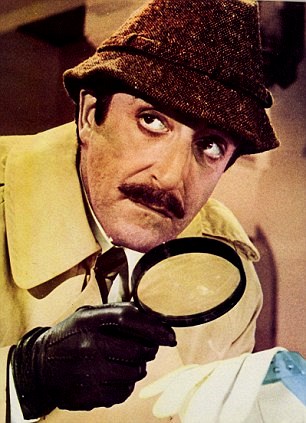
Arauju v Neto 2001 BCSC 935 is an undue influence lack of capacity case that discusses suspicious circumstances.
The court found that due to suspicious circumstances the will maker was not allowed to rely upon the presumption that he was mentally capable when the will was executed.
Ordinarily where the propounder of a will shows that it was duly executed with the requisite formalities and after having been read over to a testator who appeared to understand it, it is presumed that the testator knew and approved of the contents and had the necessary testamentary capacity or disposing mind and memory.
[122] However, I do not think that the plaintiff is entitled to that presumption. Because of the evidence of suspicious circumstances, the plaintiff has the burden of establishing on the evidence that Mr. De Araujo knew and approved of the contents and had testamentary capacity with respect to both of the 1995 and 1996 wills.
[123] The suspicious circumstances in the case of the 1995 will include:
1.the poor health of the aged testator;
2. the removal of the testator from a home where he had lived for a lengthy period;
3. the fact that the testator was taken almost directly from his place of residence to a lawyer to give instructions;
4. the lengthy period of separation from Carlos;
5. the person directly benefiting from the will; the dramatic change from the previous will;
6. the fact that the testator had a substantial amount of cash on him;
7.and significantly the fact that his proposed beneficiary (a person from whom he was estranged for over five years) gave the relevant instructions to the lawyer.



